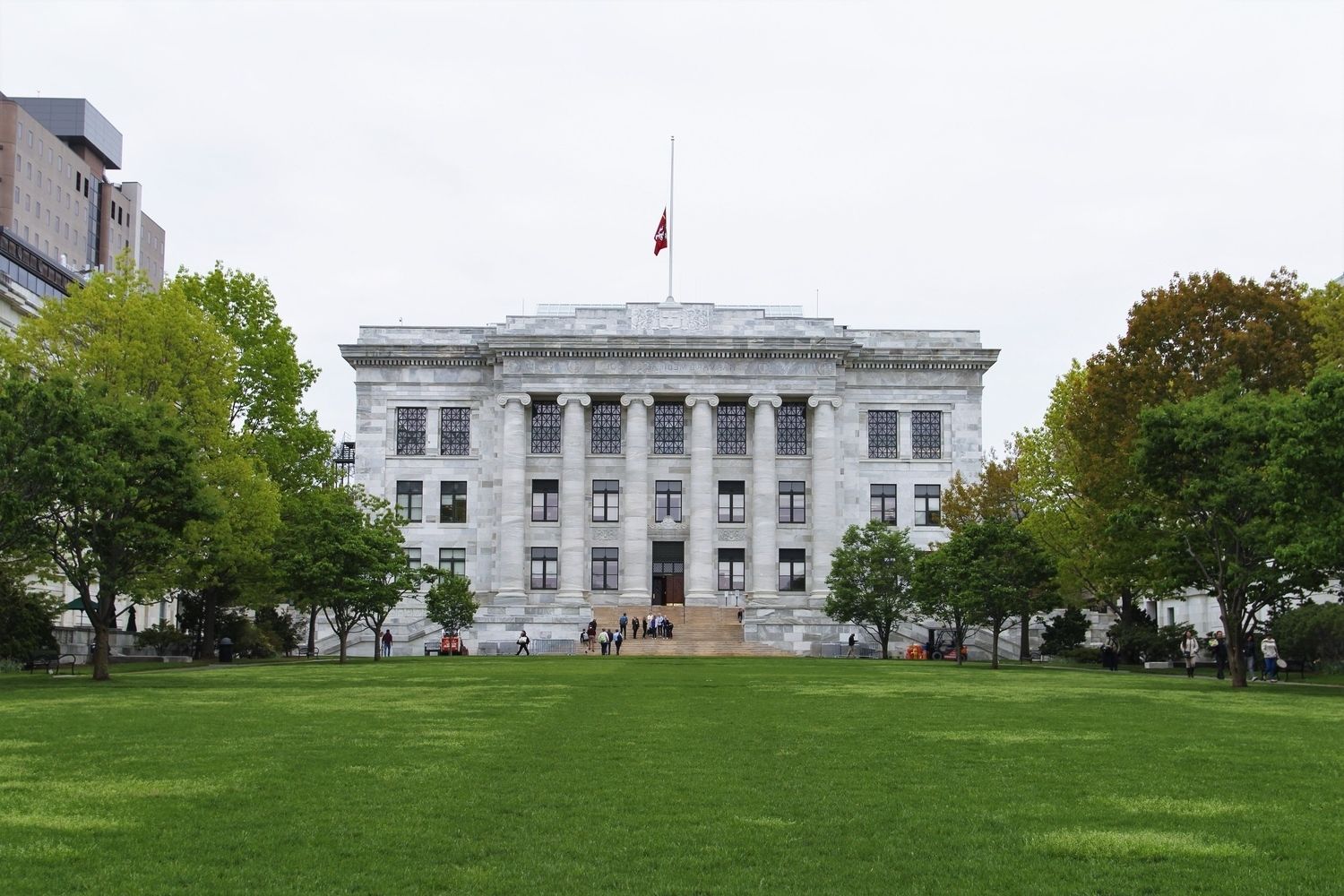
Harvard Medical School is one of the most prestigious institutions in the world. Founded in 1782, it has a rich history of medical breakthroughs and innovations. Did you know that Harvard Medical School has produced more Nobel Prize winners in Medicine than any other medical school? With a focus on research, education, and patient care, it continues to lead in medical advancements. Students and faculty at Harvard Medical School have access to cutting-edge technology and resources, making it a hub for medical research. Curious about more intriguing facts? Let's dive into 28 fascinating details about Harvard Medical School that highlight its impact on the medical field.
Key Takeaways:
- Harvard Medical School, founded in 1782, has a rich history and notable alumni. It's a hub of innovation with groundbreaking research and a global impact on healthcare.
- The campus spans 21 acres in Boston and houses the largest medical library. Students participate in diverse extracurricular activities, marking the beginning of their medical careers with a symbolic White Coat Ceremony.
History of Harvard Medical School
Harvard Medical School (HMS) has a rich history that dates back centuries. Let's dive into some fascinating facts about its origins and evolution.
- Founded in 1782, HMS is one of the oldest medical schools in the United States.
- John Warren, a notable surgeon, was one of the founders and the first dean.
- First classes were held in the basement of Harvard Hall in Cambridge, Massachusetts.
- Initial enrollment consisted of just two students.
- First female students were admitted in 1945, breaking gender barriers in medical education.
Campus and Facilities
The HMS campus is a hub of innovation and learning. Here are some intriguing details about its facilities.
- Located in Boston, the campus spans 21 acres in the Longwood Medical Area.
- Countway Library is one of the largest medical libraries in the world.
- The Tosteson Medical Education Center offers state-of-the-art simulation labs.
- Harvard Dental School shares the campus, fostering interdisciplinary collaboration.
- The Warren Anatomical Museum houses rare medical artifacts and specimens.
Notable Alumni and Faculty
HMS has produced many influential figures in medicine and science. Let's look at some of the most notable.
- Dr. Paul Farmer, co-founder of Partners In Health, is an HMS alumnus.
- Dr. Harvey Cushing, known as the father of modern neurosurgery, taught at HMS.
- Dr. Elizabeth Blackwell, the first woman to receive a medical degree in the U.S., attended lectures at HMS.
- Dr. Atul Gawande, a renowned surgeon and author, is a faculty member.
- Dr. Sidney Farber, a pioneer in chemotherapy, was an HMS faculty member.
Research and Innovations
HMS is at the forefront of medical research and innovation. Here are some groundbreaking achievements.
- First successful kidney transplant was performed by Dr. Joseph Murray, an HMS alumnus.
- Harvard Stem Cell Institute is a leader in stem cell research.
- The Human Genome Project had significant contributions from HMS researchers.
- Dr. Judah Folkman discovered the concept of angiogenesis, revolutionizing cancer treatment.
- HMS researchers developed the first artificial skin for burn victims.
Global Impact and Outreach
HMS extends its influence beyond the United States. Here are some ways it impacts global health.
- Global Health Delivery Project aims to improve healthcare delivery in resource-poor settings.
- HMS faculty often collaborate with international institutions for research and education.
- The Program in Global Surgery and Social Change focuses on improving surgical care worldwide.
- HMS alumni are leaders in global health organizations like WHO and Doctors Without Borders.
- The Global Health Education and Learning Incubator fosters innovative teaching methods for global health.
Student Life and Culture
Life at HMS is not just about academics. The student experience is rich and diverse.
- Student organizations include groups focused on global health, medical ethics, and community service.
- White Coat Ceremony marks the beginning of students' medical careers with a symbolic donning of white coats.
- HMS students participate in various extracurricular activities, including music, sports, and volunteer work.
Harvard Medical School: A Legacy of Excellence
Harvard Medical School stands as a beacon of medical education and research. With a rich history dating back to 1782, it has consistently produced leaders in medicine and healthcare. The school's commitment to innovation, diversity, and excellence has made it a global leader. From groundbreaking research to top-tier medical training, Harvard Medical School continues to shape the future of medicine. Its alumni include Nobel laureates, pioneering researchers, and influential healthcare professionals. The school's impact on global health is immeasurable, with contributions that have transformed medical practices and improved patient care worldwide. Harvard Medical School remains dedicated to advancing medical knowledge and improving health outcomes. Its legacy of excellence and innovation ensures it will continue to lead in the medical field for generations to come.
Frequently Asked Questions
Was this page helpful?
Our commitment to delivering trustworthy and engaging content is at the heart of what we do. Each fact on our site is contributed by real users like you, bringing a wealth of diverse insights and information. To ensure the highest standards of accuracy and reliability, our dedicated editors meticulously review each submission. This process guarantees that the facts we share are not only fascinating but also credible. Trust in our commitment to quality and authenticity as you explore and learn with us.
